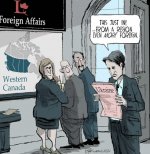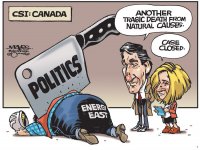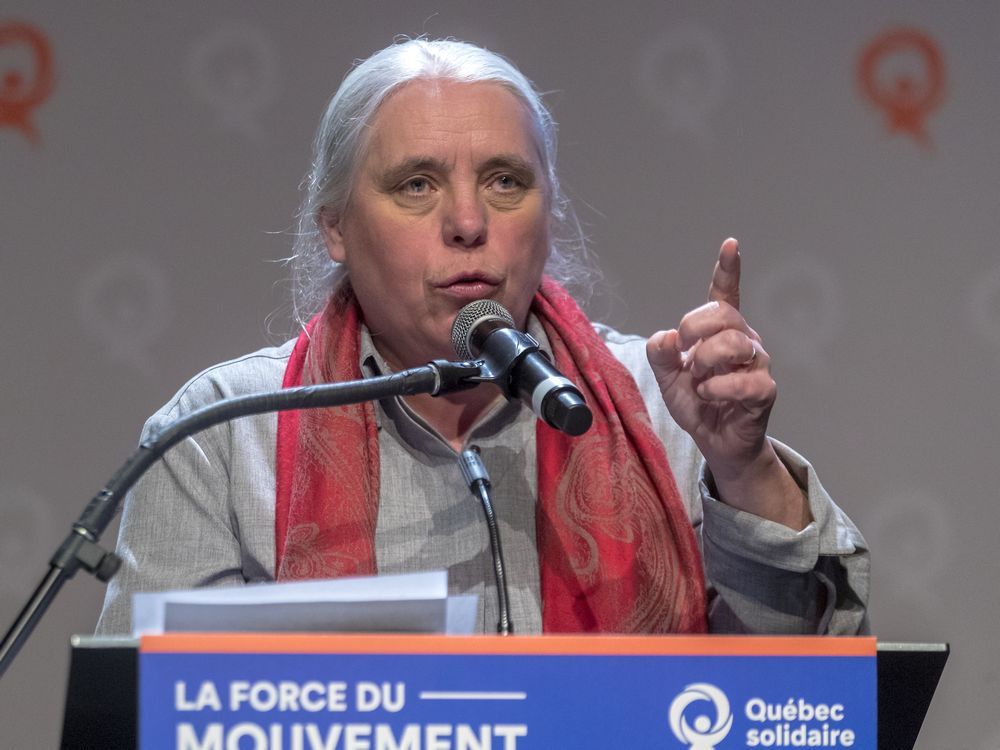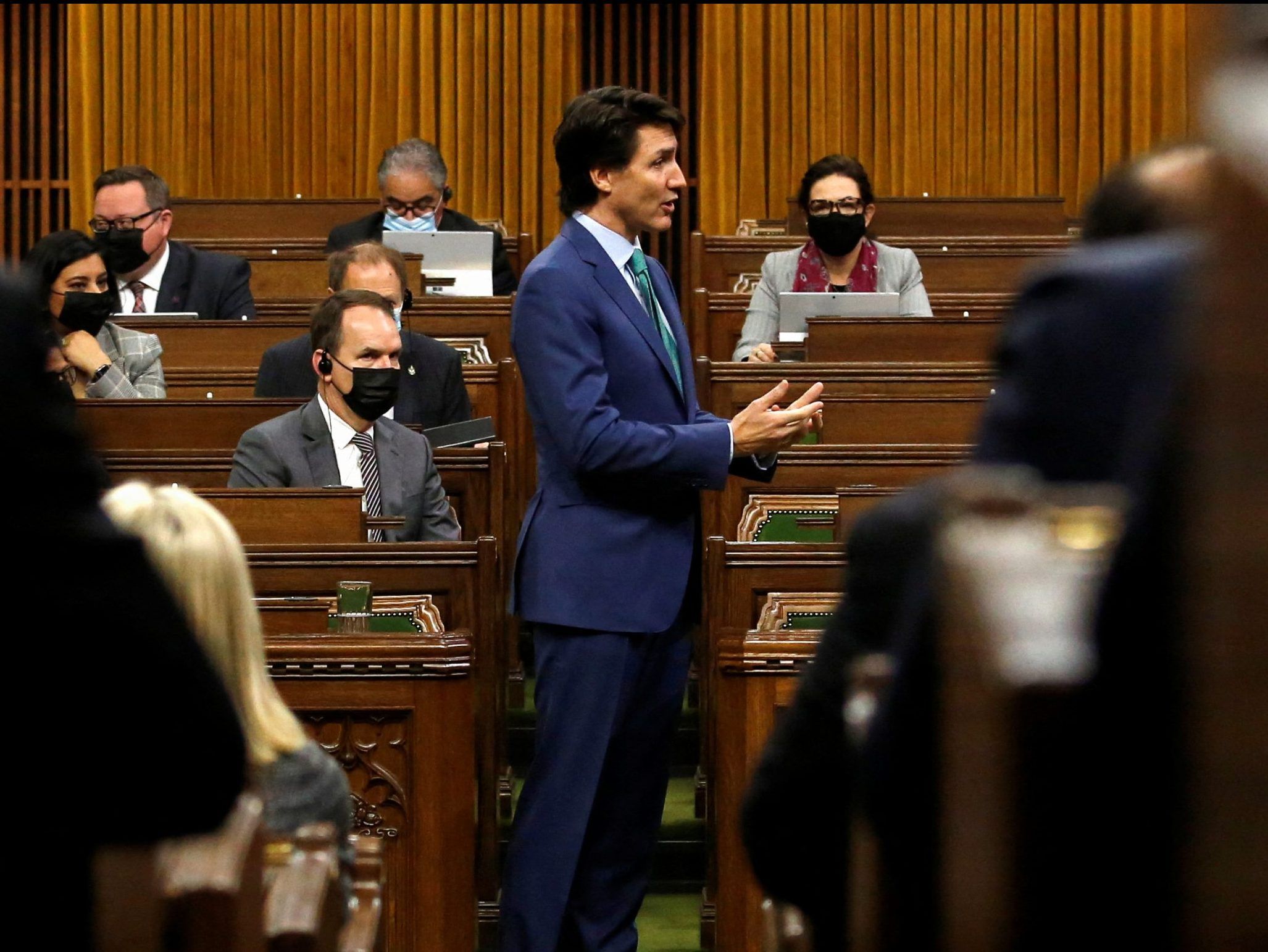Anyway, sorry for the sidetrack above. Back to the thread topic:
This week, German Chancellor Olaf Scholz is visiting Canada. Many items will be on his agenda with Prime Minister Justin Trudeau but one critical item
is blatantly missing: liquified natural gas. Failure to discuss an LNG deal during this meeting is a further demonstration of a wanton and failing energy policy from both sides. The only question is, who is worse? The one whose country is currently paying €250 per megawatt hour for gas (more than 10 times what it was last year) or the one whose country is sitting on trillions of cubic meters of the stuff, yet can’t get it to market?
Canada may not have been able to affect European decision making but we DO control our own destiny. Regardless, in past years, governments have shirked and ignored the huge LNG opportunity for enviro-political gain.
Even those resistant to oil should be able to recognize that LNG is the next enormous economic opportunity for Canada. LNG is the bridge fuel which can replace coal, while
producing at least 40 per cent fewer emissions than coal and about 25 per cent less than oil. This gives us a cleaner burning alternative as we transition (over decades) towards fully renewable energy. If there is a more economically and environmentally compelling argument in the world today, I have not seen it.
Answer (1 of 9): The pipelines are to transport petroleum products, mostly so they can be burned. Burning them releases CO2, causing global warming and climate change, e.g. increased flooding of low-lying communities, melting ice roads in the north, disruption of traditional economies in the nort...

www.quora.com
LNG is here to stay as an important energy source for longer than many unrealistic politicians would like to admit. For over a century we have been using fossil fuels to grow and prosper; that will not change overnight. LNG will have a decades-long run ahead as a reliable, transition fuel. This is an opportunity Canada cannot miss. We must develop, in conjunction with indigenous communities, more pipelines, more gas wells and more LNG export terminals so that our precious resources find equitable prices in the growing world market. Any politician who can’t find space for an LNG discussion in their agenda today is woefully failing their citizens.
LNG is here to stay as an important energy source for longer than many unrealistic politicians would like to admit.

apple.news
He said the government is prepared to help potential projects move more quickly to help Europe as it seeks to urgently give up on Russian oil and gas

apple.news
Prime Minister Justin Trudeau delivered the assessment as he welcomed Germany Chancellor Olaf Scholz, who is in Canada seeking alternatives to Russian energy

apple.news
Prime Minister Justin Trudeau cast doubt on the business case for exporting natural gas directly from the East Coast or Quebec to Europe – an assessment he delivered as he welcomed Germany’s Chancellor, who is in Canada seeking alternatives to Russian energy.
Gazoduq is proposing a 780-kilometre gas pipeline along the Harricana River from northwestern Ontario to the Saguenay-Lac-St-Jean region

montrealgazette.com
He and German leader Olaf Scholz signalled their priority instead is producing cleaner energy such as hydrogen, a technology that does not yet exist on a large scale in Canada.
There’s no discipline to political policy aspirations more severe than reality. Politicians can only kick the can of bad policy down the road for so long until real…

torontosun.com
Mr. Trudeau, who is poised to ink an accord with Mr. Scholz Tuesday on exporting hydrogen to Germany in the future, was asked during a press conference in Montreal why he’s not devoting more attention to sending natural gas to Europe?
Germany is engulfed in an energy crisis after Russia dramatically cut deliveries of natural gas to the European power in response to hefty sanctions imposed on Moscow by Berlin and other Western countries for Russian President Vladimir Putin’s military assault on Ukraine. Germany is restarting coal plants and travelling far afield – even to Qatar – seeking natural gas to make up for shortfalls from Russia.
(Canada is the fifth-largest producer of natural gas in the world. Shame about the lack of ability to get it to its OWN coastlines though.)
Mr. Trudeau said possible Central Canadian or East Coast locations for plants to convert natural gas to liquified natural gas for shipment are all far from the Alberta oil patch. If only there was a way to have these plants in Western Canada ship liquified natural gas to its own coastlines, but Quebec so oh well…
“LNG conversion plants are usually placed close to the sources of [natural gas] but Quebec is between these sources and the East Coast, and as we look at the possibility of LNG plants on the East Coast, able to ship directly to Germany, we find ourselves a long way from the gas fields in Western Canada.”
Mr. Scholz’s three-day trip to Canada is part of the German government’s efforts to become less dependent on Russian gas and mineral supplies by deepening energy and raw materials partnerships with other countries, but the German Chancellor’s trip does NOT include a visit to Calgary, the headquarters of Canada’s energy industry.

Instead he’s visiting MONTREAL, Toronto and a remote location in western Newfoundland where proponents hope to produce hydrogen years in the future.
Mr. Trudeau said if a business case were found for LNG exports from the East Coast, the Canada government would help ease the regulatory burden facing project proponents? Really?

“From the government’s standpoint, easing the processes because of the difficulty that Germany is facing, to make sure we can move through regulatory hurdles more quickly, is something we are willing to do,” the Prime Minister said?
The fastest route for Canadian natural gas to Europe is through existing pipelines through the United States (avoiding Quebec) that take the commodity to the LNG facilities on the U.S. Gulf Coast. “Right now our best capacity is to continue to contribute to the global market to displace gas that Europe and Germany can then locate from other sources,” Mr. Trudeau said?
The Prime Minister was asked by a German reporter whether he was ready to deliver natural gas to Germany. Unsurprisingly, Mr. Trudeau did not directly answer the question.
“Canada is a major oil and gas producer in the world but because of our commitment to fight climate change, we are working very, very hard to decarbonize and develop other sources of energy that we can rely and we can share with the world.” The Greasy Weasel would have replied with a condescendingly pious smirk.
Timothy Egan, president and chief executive officer of the Canadian Gas Association, which represents the natural gas delivery industry, said the BIGGEST obstacle to building LNG facilities on the East Coast is regulatory uncertainty. He said investors CAN’T be sure when or if the federal government will approve necessary pipeline infrastructure to deliver natural gas to an export facility.
“Is there a business case? There’s an INCREDIBLE business case IF the regulatory framework is clear,” Mr. Egan said. “Are the environmental approval processes going to be fast enough and clear enough? How is it that this can happen so quickly in the United States and it can’t happen as quickly in Canada.”
 beta.ctvnews.ca
beta.ctvnews.ca




